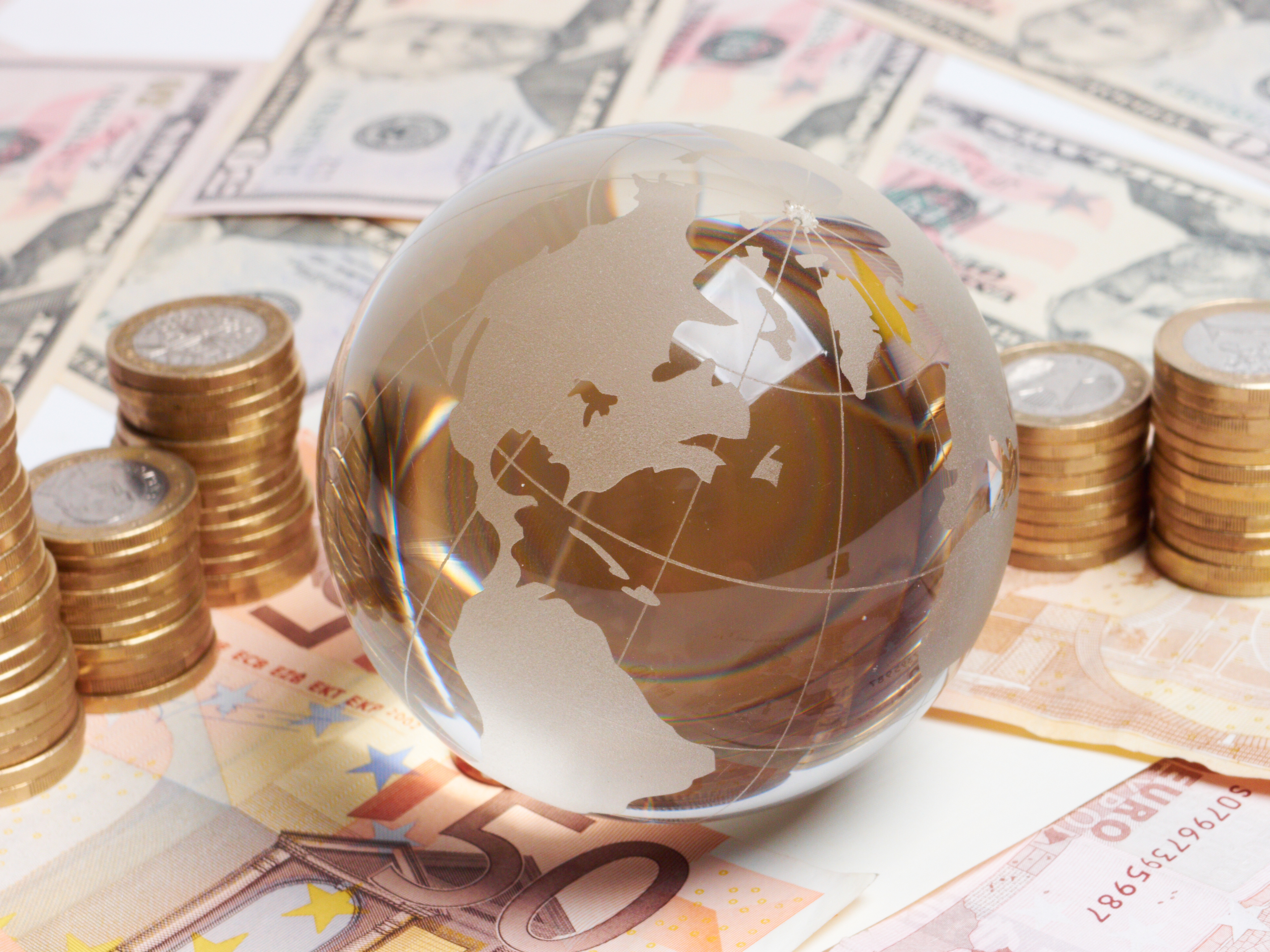World Bank Approves Power Transmission Program to Boost Indonesia’s Grid
The World Bank’s Board of Executive Directors today approved a US$325 million loan to the Government of Indonesia for the Second Power Transmission Development Project. This project is designed to support efforts to electrify over 90 percent of all households in Indonesia by strengthening and expanding the capacity of the power transmission networks in a sustainable way. It is expected to benefit more than 29.5 million Indonesians in the four project areas – Java-Bali islands, Sumatra, Kalimantan and Sulawesi – by increasing access to the national electricity grid.
“Access to quality, reliable electricity is critical for inclusive growth, reducing poverty and improving quality of life. For these reasons, the Indonesian government is deeply committed to accelerating infrastructure and energy development,” says Stefan Koeberle, World Bank Country Director for Indonesia. “The Second Power Transmission Development Project will contribute to efforts to meet Indonesia’s growing electricity demand, reduce costs and increase access, which would in turn help improve competitiveness, business development and poverty reduction.”
The project will involve extending and rehabilitating a number of existing 150/20 kV substations and 70/20 kV substations, while also building new 150/20 kV substations. A parallel technical assistance program for capacity building will be financed by a $2 million grant from the Government of Australia.
The project will be implemented by PT Perusahaan Listrik Negara (PLN), which generates, transmits and distributes most of the electricity in Indonesia. Historically, PLN has focused their electrification efforts on Java-Bali, while progress in other areas has been uneven. For example, PLN’s cost of service in the more densely populated areas of Sumatra, Kalimantan and Sulawesi is 20-30 percent higher than in Java-Bali, and can be up to 200 percent high in smaller islands like Nusa Tenggara, Maluku and Papua.
“These higher operating costs present a challenge to Indonesia’s electrification targets – on the one hand, expanding access to electricity means higher public service subsidies, while on the other it also means having to improve the efficiency of transmission and distribution,” says Anh Nguyet Pham, World Bank Senior Energy Specialist for Indonesia. “The Second Power Transmission Development Project will help improve electricity supplies and quality in the project areas by building and rehabilitating substations. The project will also help build PLN’s capacity to operate transmission and distribution systems.”
The project complements other World Bank-supported investments and technical assistance activities in Indonesia’s energy sector, which focus on developing energy infrastructure to meet demand in a sustainable manner; enhancing the reliability and quality of energy supply; scaling up renewable energy and natural gas; and improving energy efficiency.







